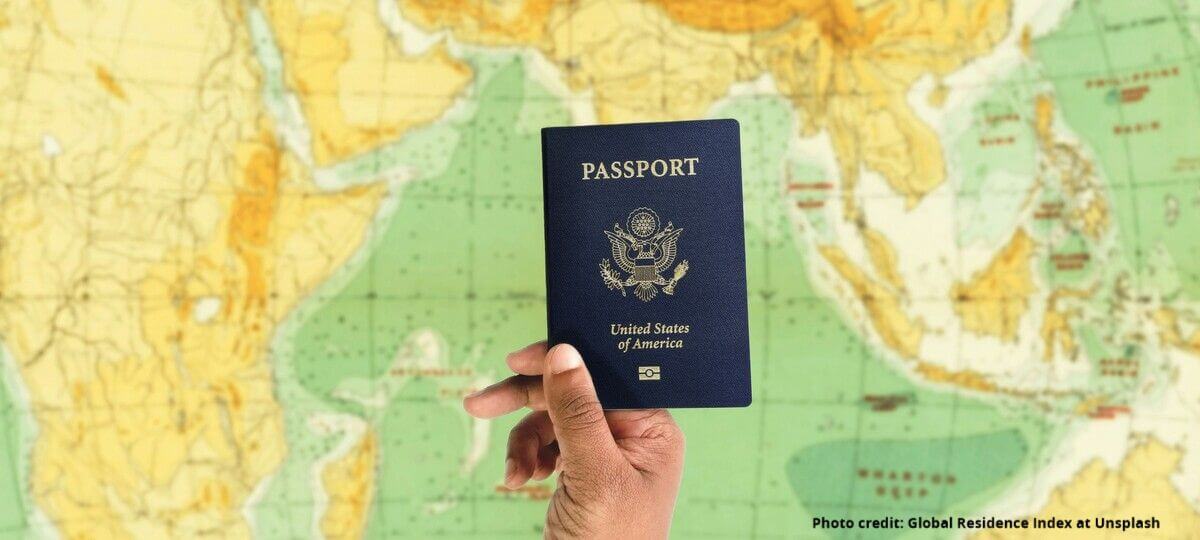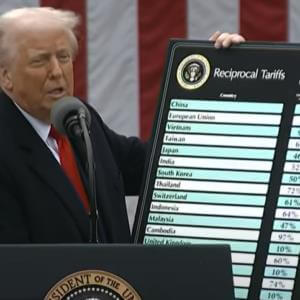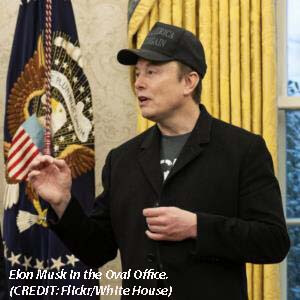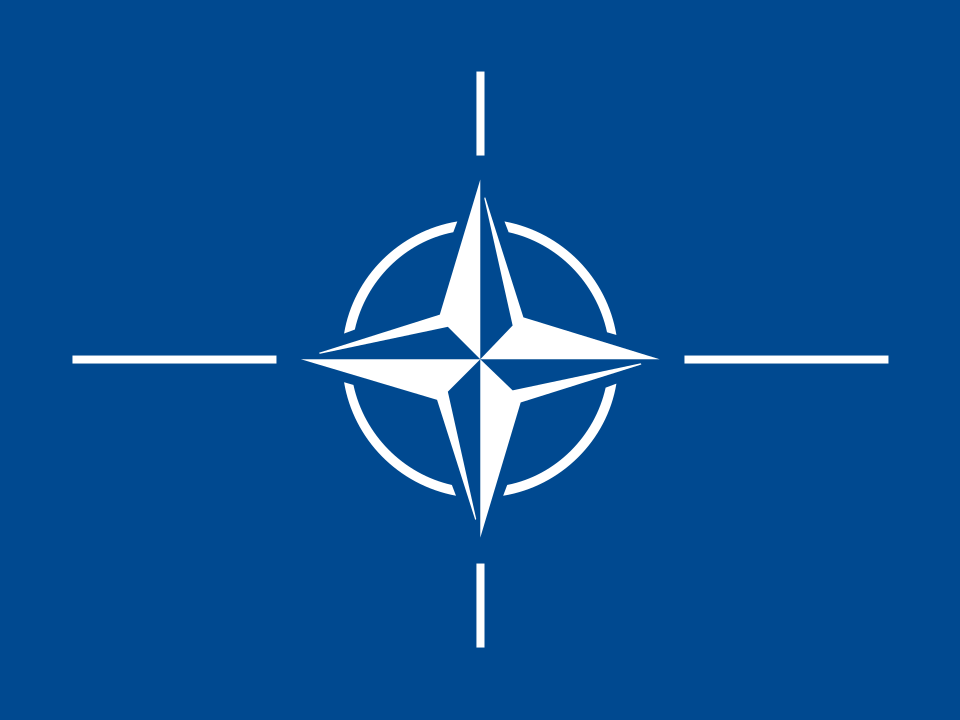I have only known one stateless person. You don’t get a medal for it or wear a lapel pin.
The stateless are the hapless who live in the shadows, in fear.
They don’t know where the next misadventure will come from: It could be deportation, imprisonment or an enslavement of the kind the late Johnny Prokov suffered as a shipboard stowaway for seven years.
His story ended well, but few do.
When I knew Johnny, he was a revered bartender at the National Press Club in Washington. By then, he had American citizenship, was married and lived a normal life.
It hadn’t always been that way. He told me he had come from Dalmatia, when that area was so poor people took their clothes to a specialist who would kill the lice in the seams with a little wooden mallet, which wouldn’t damage the cloth.
To escape that extreme poverty, Prokov became a stowaway on a ship.
So began his seven-year odyssey of exploitation and fear of violence. The captains took advantage of the free labor and total servitude of the stowaways.
Eventually, Prokov jumped ship in Mexico. He made his way to the United States, where a life worth living was available.
I don’t know the details of how he became a citizen, but he dreamed the American dream — and it came true for him.
An odd legacy of his years at sea was that Prokov had become a brilliant chess player. He would often have as many as a dozen chess games going along the bar in the National Press Club. He always won. He had had time to practice.
The United Nations says there are 4 million stateless people in the world, but that is a massive undercount. Many of those who are stateless are refugees and have no idea if they are entitled to claim citizenship of the countries they are desperate to escape from. Citizenship in Gaza?
Now the Trump administration wants to add to the number of stateless people by denying birthright citizenship to children born of illegal immigrants in the United States.
It wants to deny people — who are in all ways Americans — their constitutional right of citizenship. Their lives will be lived on a lower rung than their friends and contemporaries. They will be denied passports, maybe education, possibly medical care, and the ability to emigrate to any country that otherwise might have received them.
Instead, they will live their lives in the shadows, children of a lesser God, probably destined to have children of their own who might also be deemed noncitizens. They didn’t choose the womb that bore them, nor did they sanction the actions of their parents.
The world is awash in refugees fleeing war, crime and violence, and environmental collapse. Those desperate people will seek refuge in countries which can’t absorb them and will take strong actions to keep them out, as have the United States and, increasingly, countries in Europe.
There is a point, particularly in Europe, where the culture and established religion is threatened by different cultures and clashing religions.
But when it comes to children born in America to mothers who live in America, why mint a new class of stateless people, condemned to a second-class life here, or deport them to some country, such as Rwanda or Uganda, where its own people are already living in abject poverty?
All immigrants can’t be accommodated, but the cruelty that now passes for policy is hurtful to those who have worked hard and dared to seek a better life for themselves and their children.
It is bad enough that millions of people are seeking somewhere to live and perchance a better life, due to war or crime or drought or political follies.
To extend the numbers by denying citizenship to the children of parents who live and work here isn’t good policy. It is also unconstitutional.
If the Supreme Court rules in favor of the administration, it will add social instability of haunting proportions.
Children are proud of their native lands. What will the new second class be proud of — the home that denied them?



